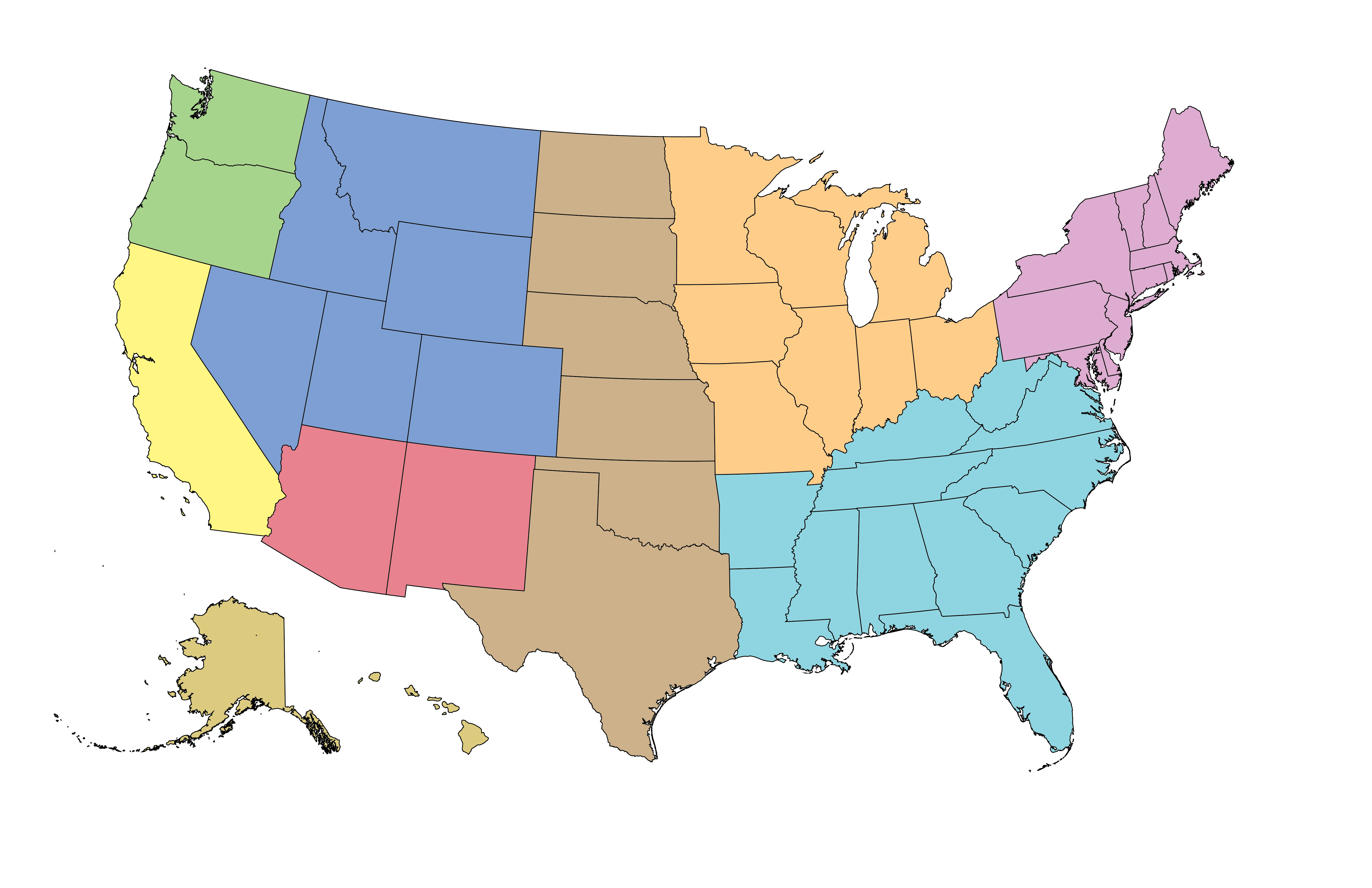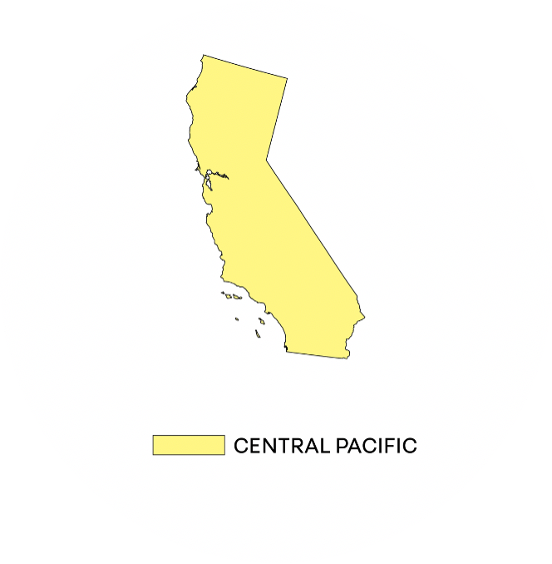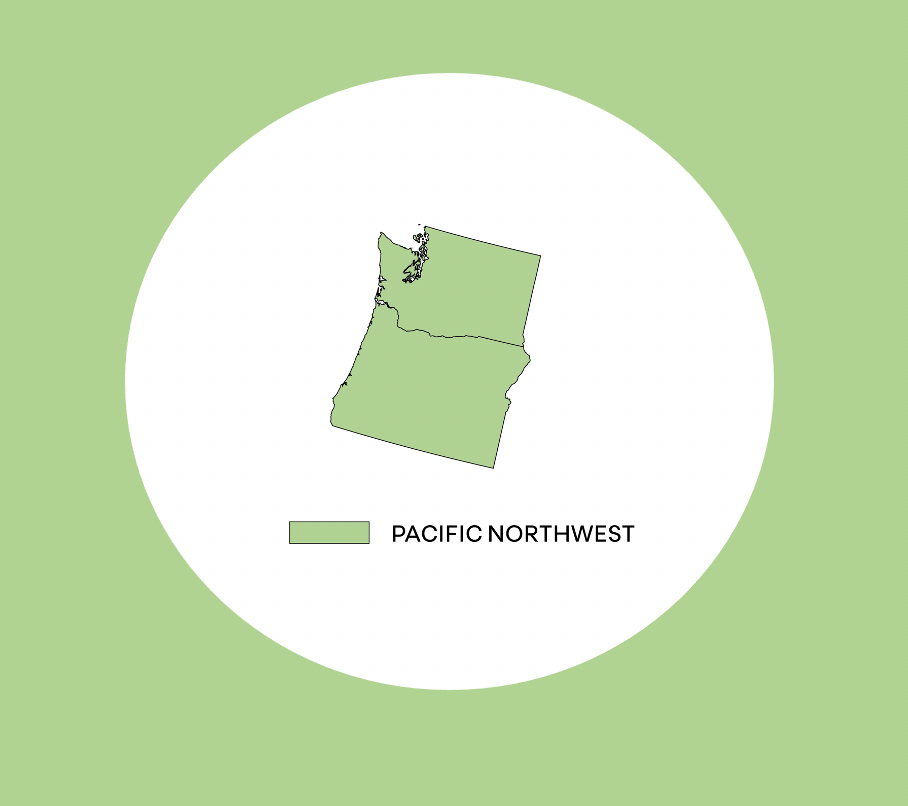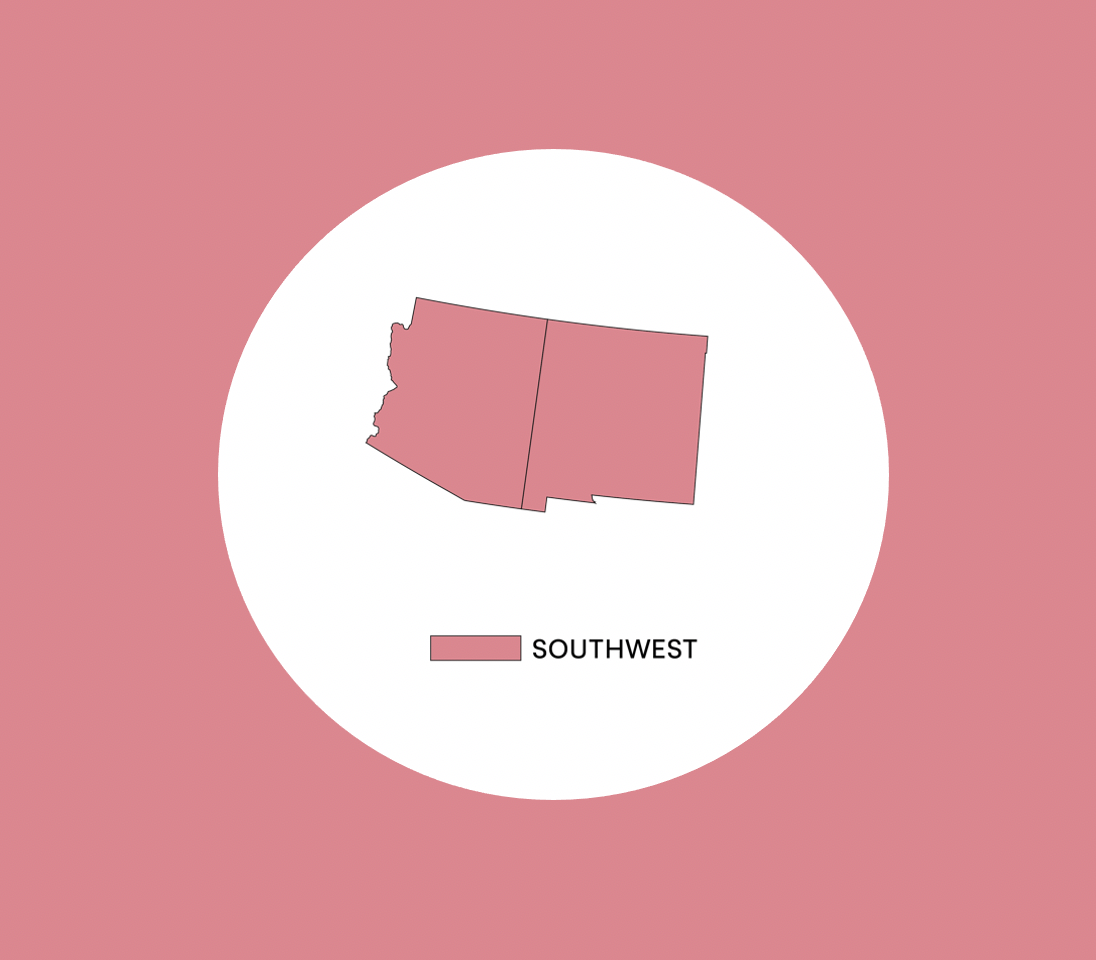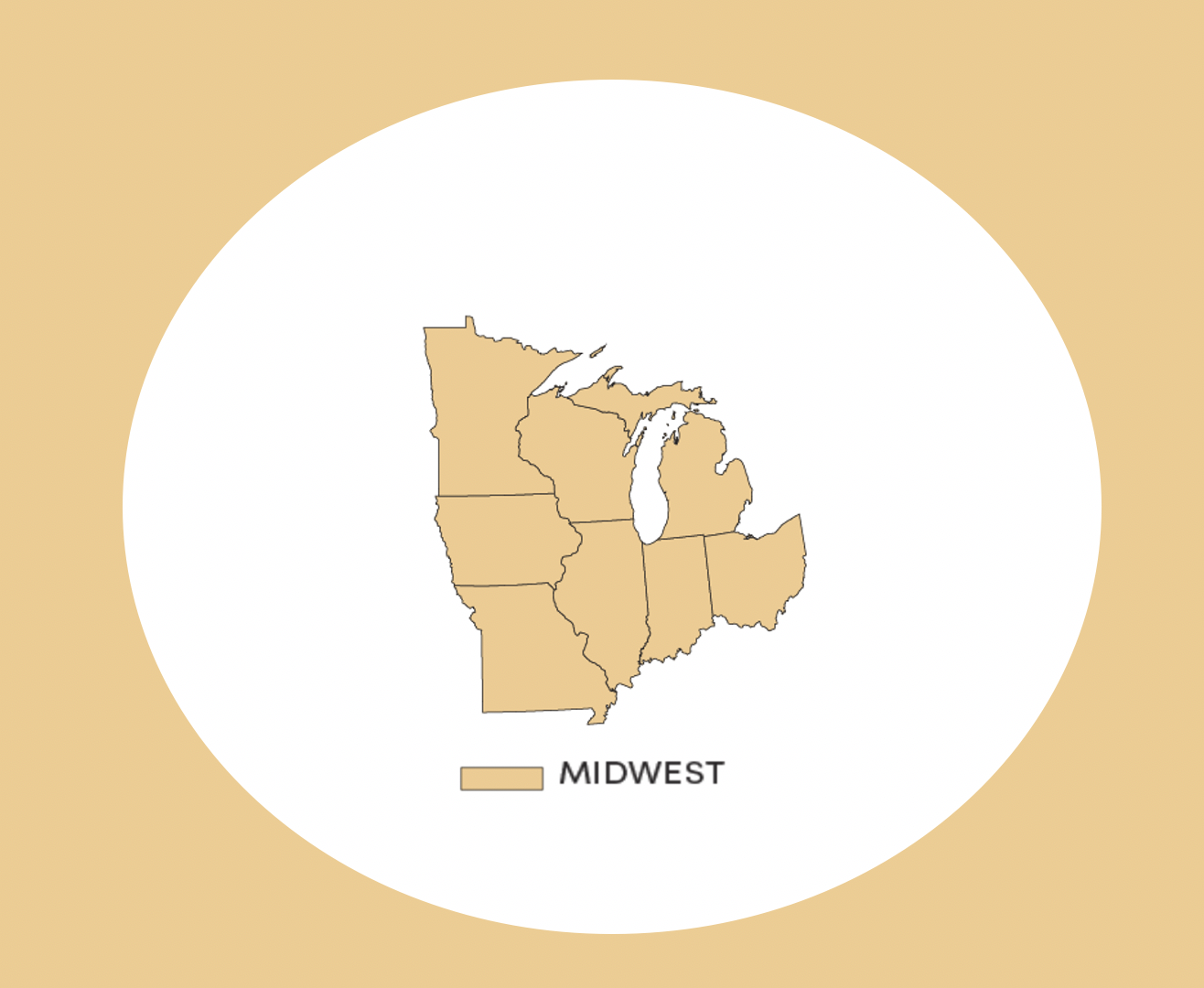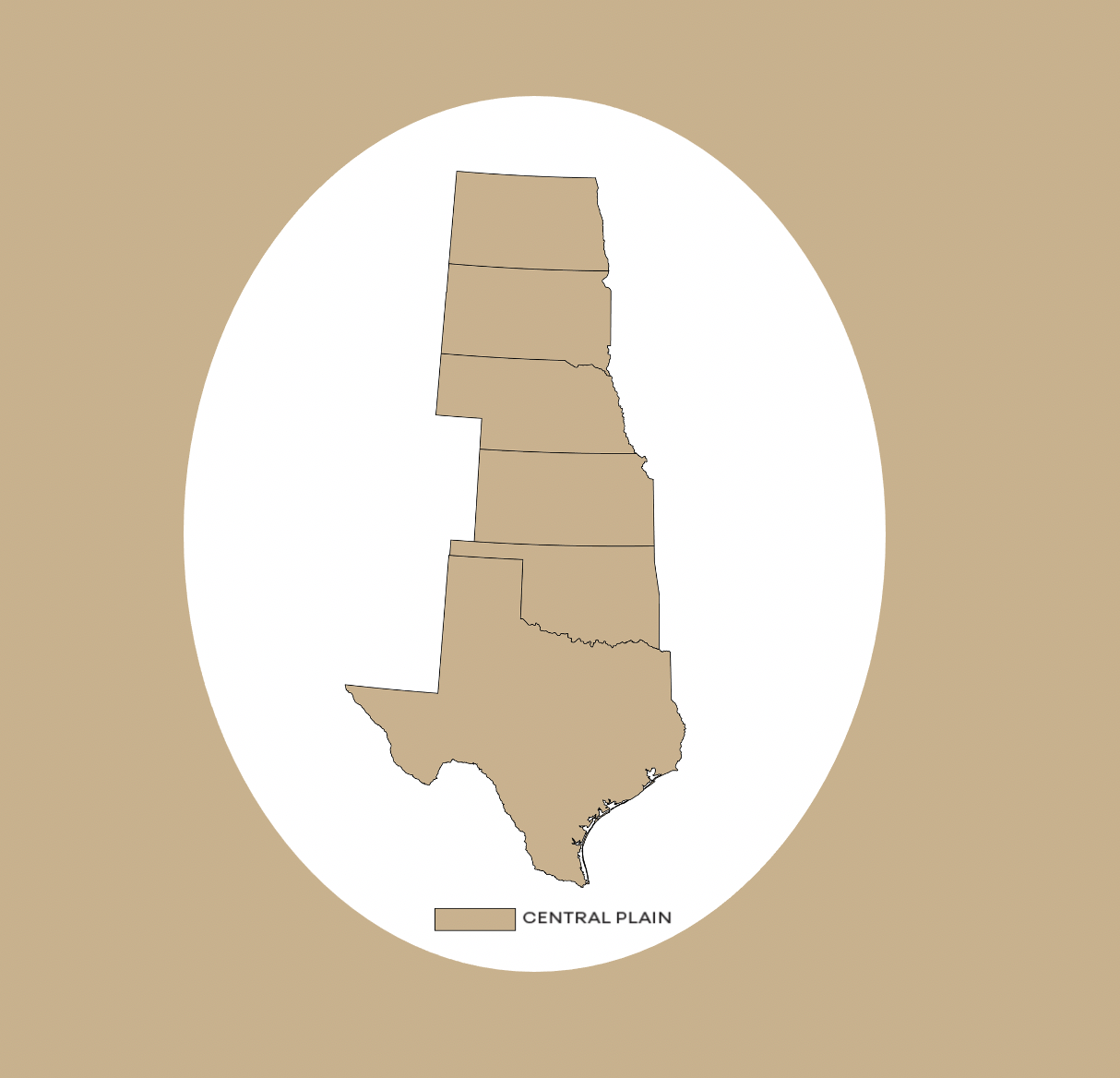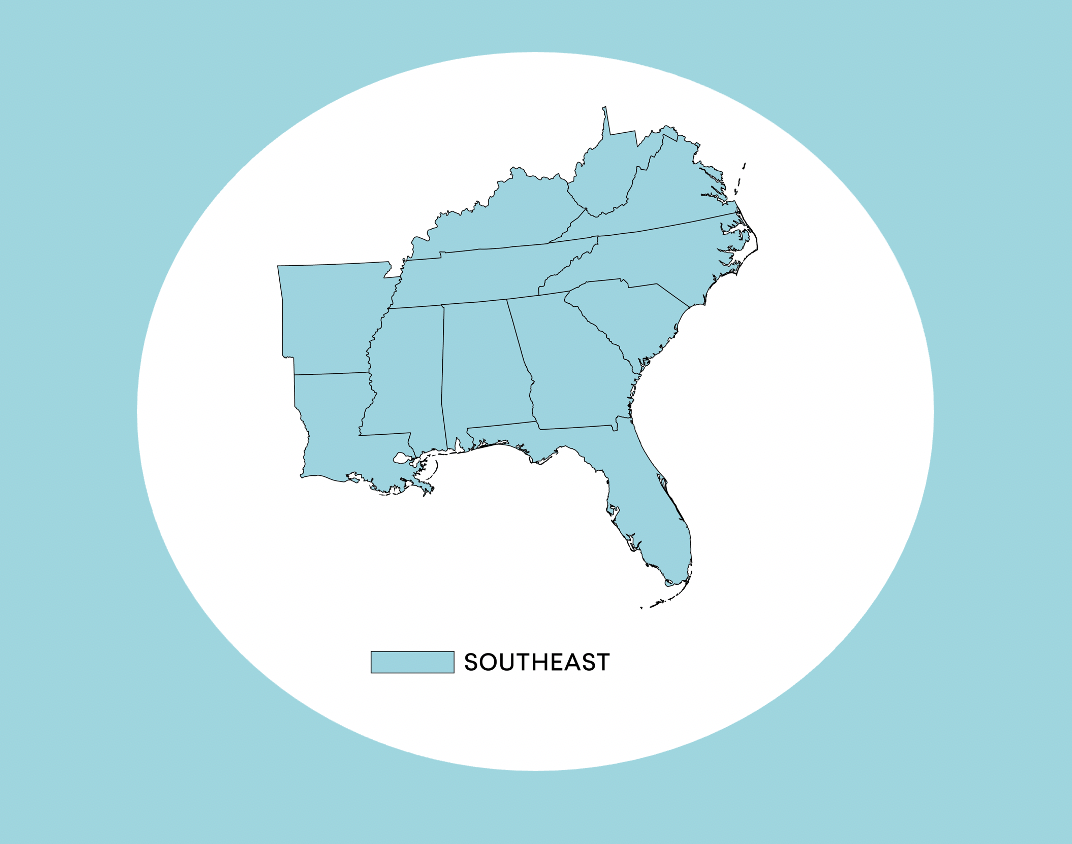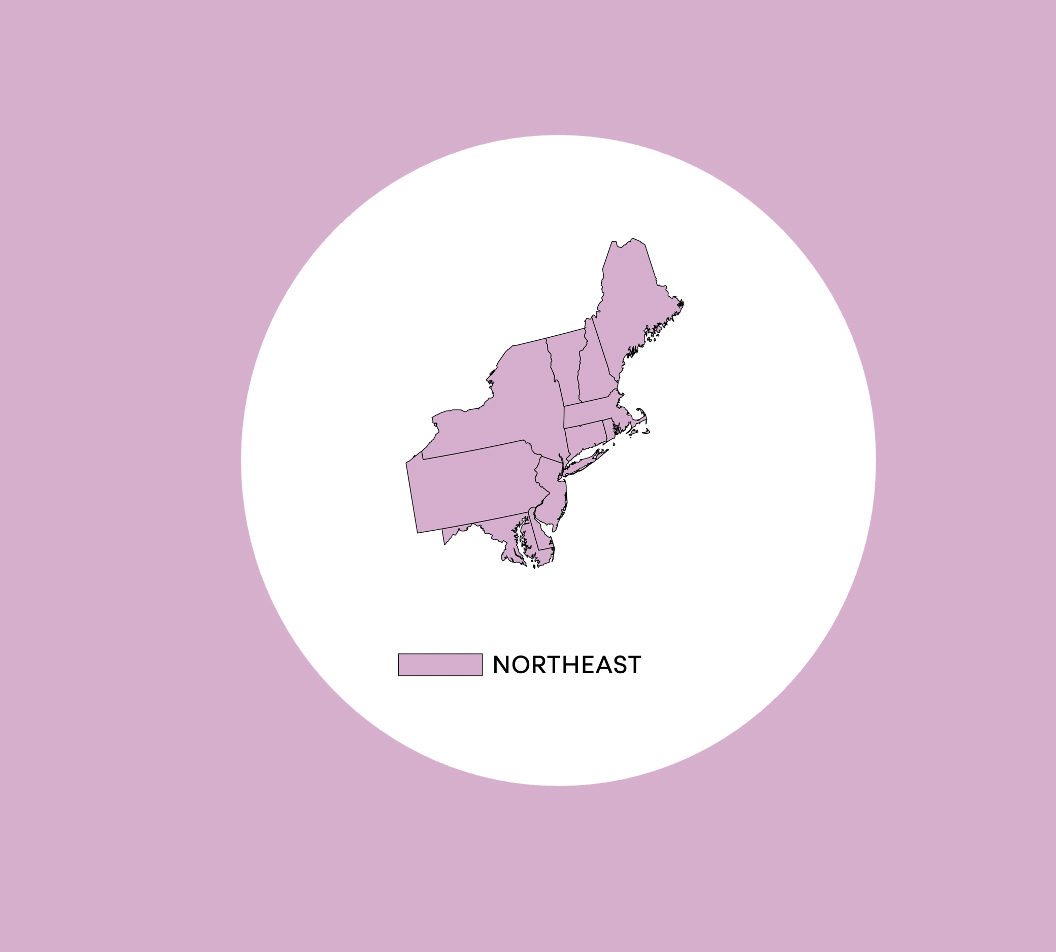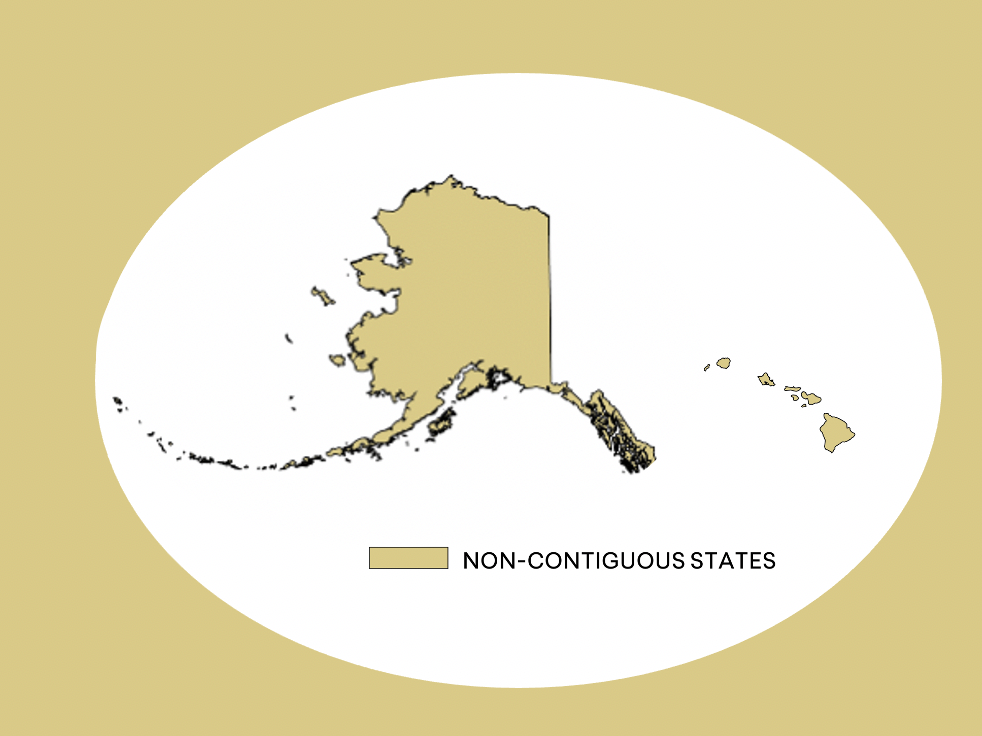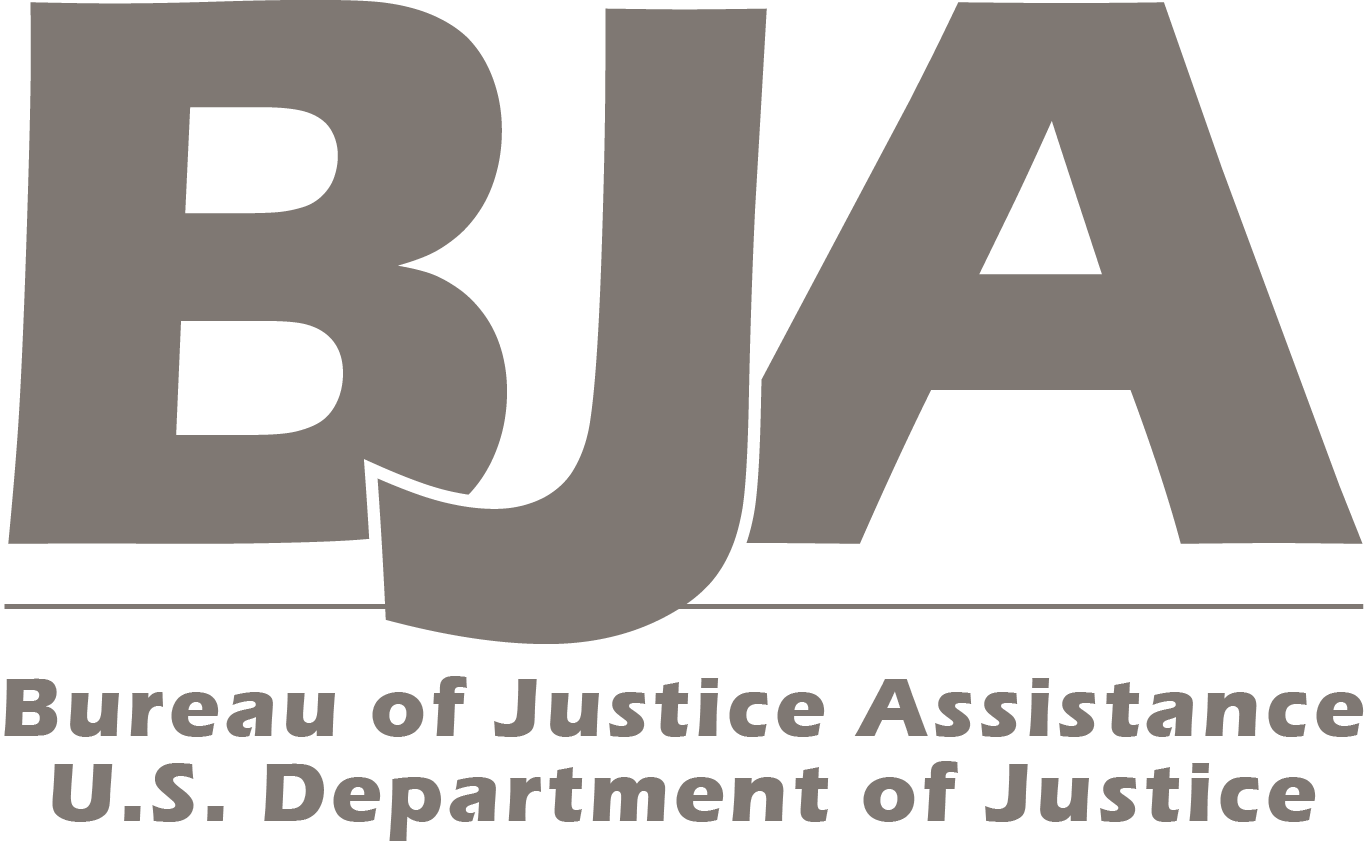Alternatives to Incarceration
Learn how tribes are using alternatives to incarceration such as probation, supervised treatment, community service, cultural education programs, and other approaches, to divert cases away from the justice system and reduce recidivism.
Child Welfare
Research how tribes are supporting and protecting children and families through initiatives such as holistic, culturally-informed child welfare practice, parenting programs, child advocacy centers, child support enforcement programs, and other efforts to address and prevent harms against children.
Corrections & Reentry
Get information about how tribes are using jail-based programs and reentry to help individuals address underlying criminogenic needs and connect them to services to help them prepare for a successful transition back into life in the community.
Domestic Violence & Sexual Assault
There are numerous barriers tribes face in addressing violence against Native women. Learn how tribes are working to overcome those barriers and keep Native women and citizens safe from domestic violence and sexual assault.
Jurisdictional Collaborations
Identify what tribes are doing to address public safety challenges through collaborations with other tribes, counties, treatment, and service providers. Learn about tribes that are developing shared protocols, coordinating referrals to treatment, and collaborating with agencies to share resources.
Juvenile Justice
Read about how tribes are connecting justice-involved youth with treatment, counseling, healthy social activities, family supports, cultural programming, mentoring, and other critical services. These programs seek to protect youth from a future of crime and incarceration and build a new generation of tribal leaders.
Substance Use and Recovery
Substance misuse disorder, including the misuse of alcohol, remains one of the most pressing challenges in many tribal communities. Research how tribes are response to this ongoing crisis by experimenting with a wide array of prevention, intervention, and treatment strategies to break the cycle of addiction.
Traditional Practices
Read about how tribes are using traditional practices in their justice system to resolve disputes, impose appropriate consequences for harmful behavior, or to connect tribal members with their culture and traditions in meaningful interventions designed to reduce recidivism and provide healing and wellness.
Tribal Court Operations
Learn how tribal courts are designing programs, developing protocols, revising codes, and strengthening tribal court operations to support public safety and community wellness.
Violent Crime Responses
Get information on how to strengthen tribal justice practices to address violent crimes such as domestic violence, sex offenses, gang involvement, assault, and MMIW. Learn how tribes are navigating jurisdictional challenges to protect victims and survivors and support community safety.
Tribal Jurisdictions Map
Featured content
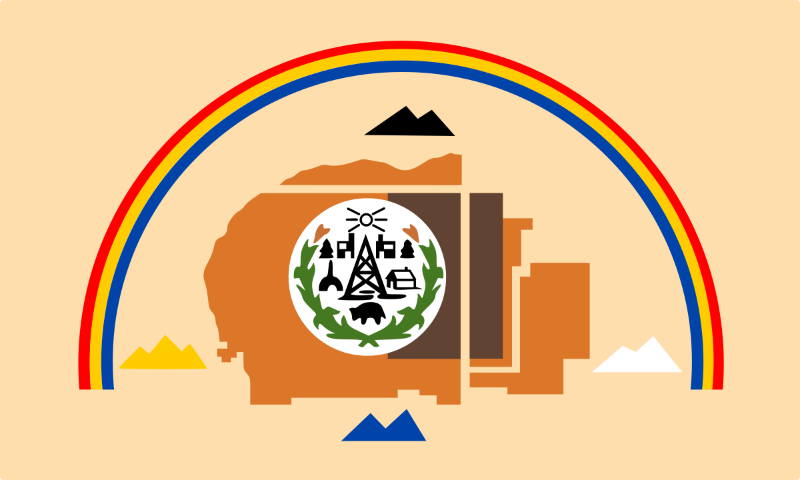
Navajo Nation DNA People’s Legal Services
DNA People’s Legal Services provides free, culturally appropriate, civil legal services in tribal, state and federal courts to qualifying low-income residents living in geographically isolated portions of Arizona, Utah and New Mexico. DNA is an acronym for a Navajo phrase that translates to “attorneys who work for the revitalization of the People”. Our work upholds the nation’s ideal of “justice for all”.
DNA focuses on helping the most vulnerable members of our communities – low-income families, elders, and victims of abuse, exploitation and discrimination, and especially people in these groups who don’t speak English well. Most clients live below the federal poverty level, although we assist victims of domestic violence regardless of income. Annually, DNA attorneys helps thousands of people to access the justice system to secure safety and financial stability, and maintain dignity in their lives.










